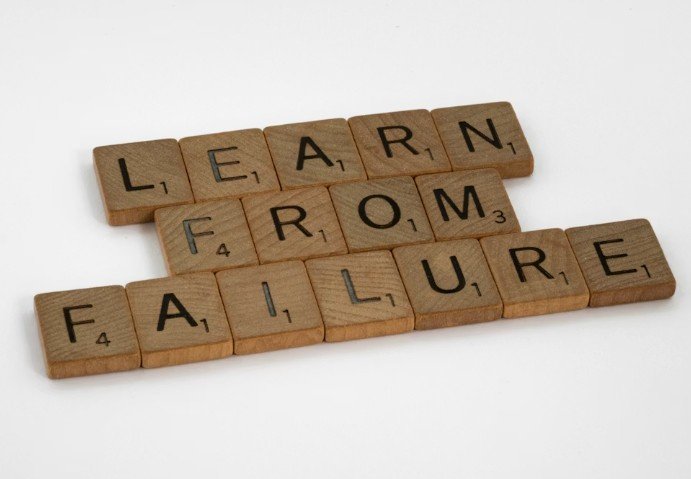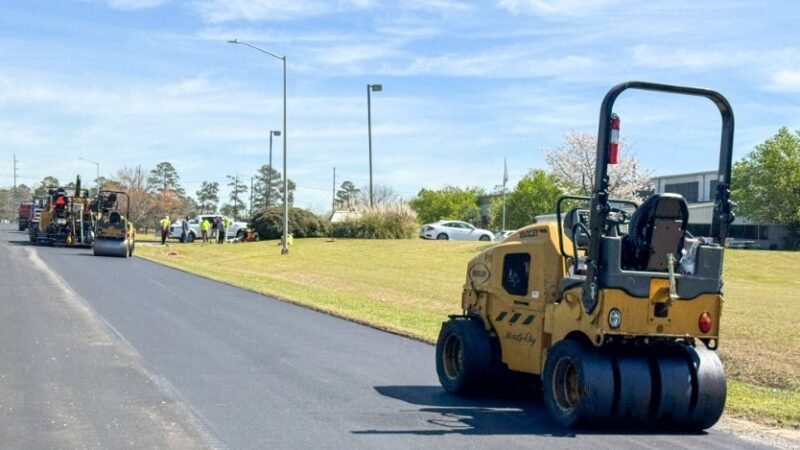Looking at Failure as a Teacher, Not a Label

Failure is often seen as something to avoid at all costs — a sign of weakness, incompetence, or lack of talent. But what if failure isn’t a label to wear, but a teacher to learn from? The truth is, failure has always been one of life’s most effective educators. It challenges assumptions, reveals blind spots, and offers lessons that success often hides. When we stop treating failure as a verdict and start treating it as feedback, we create room for growth, innovation, and resilience. This shift in mindset can influence every part of life, from personal development to financial recovery, such as learning from setbacks that lead to debt consolidation.
The Misunderstanding Around Failure
Culturally, failure has been painted in negative colors — something to hide or feel ashamed of. From early education to professional environments, people are often rewarded for getting things right rather than for learning through mistakes. As a result, many grow up equating failure with inadequacy. This misunderstanding limits potential and discourages risk-taking, which are both essential for real progress.
Failure is not the opposite of success; it’s part of the process that leads to it. Every successful person, from inventors to athletes to entrepreneurs, has faced failure — not once, but repeatedly. What separates them isn’t luck or intelligence, but their ability to learn, adapt, and try again.
The Feedback Loop of Growth
At its core, failure is feedback. It provides data about what didn’t work and why. Rather than being a dead end, it’s a form of direction. Each failure narrows down the path to success by showing you what to avoid and what to improve.
Consider how Thomas Edison famously tested thousands of materials before inventing the light bulb. When asked about his “failures,” he reportedly said, “I have not failed. I’ve just found 10,000 ways that won’t work.” This mindset reframes failure as information — essential for innovation and improvement.
When applied to personal or financial decisions, this same principle holds true. Perhaps an investment didn’t pan out, or a budgeting plan failed to stick. These are not signs of inability but signals pointing to better strategies. Approaching challenges with curiosity instead of self-criticism transforms mistakes into learning opportunities.
Learning Through Emotional Resilience
Failure hurts — there’s no denying that. It can trigger frustration, embarrassment, or self-doubt. But emotional discomfort doesn’t mean something went wrong; it often means something important is happening. Growth is uncomfortable because it requires facing imperfections and uncertainty.
Resilience is built when we learn to move through these emotions without letting them define us. It’s about acknowledging disappointment, extracting the lesson, and continuing forward with new insight. According to research published by the American Psychological Association, resilience — the ability to adapt in the face of adversity — is strongly linked to long-term well-being and achievement.
This means failure, rather than being destructive, can actually strengthen mental and emotional endurance. By leaning into the lessons failure offers, people develop confidence rooted not in perfection, but in persistence.
Reframing Failure in Education and Work
In classrooms and workplaces, the way failure is treated often shapes people’s willingness to innovate. When failure is punished or stigmatized, creativity shrinks. But when it’s reframed as part of learning, it encourages experimentation and courage.
Students who see mistakes as learning tools are more likely to take intellectual risks, ask questions, and persist through difficulty. Similarly, professionals who view setbacks as opportunities for refinement tend to develop stronger skills and adaptability. This mindset shift is what separates growth-oriented thinkers from those who remain stuck in fear or perfectionism.
Companies that foster “fail-forward” cultures, like many in the tech industry, often innovate faster because they allow space for experimentation. They understand that behind every major breakthrough are countless iterations that didn’t work — and that’s okay. It’s part of progress.
Failure and Personal Growth
Outside of academics or work, failure also shapes personal identity. It teaches humility, empathy, and patience — qualities essential for strong relationships and meaningful success. People who have failed deeply often develop compassion for others’ struggles and a greater appreciation for their own achievements.
Failure also invites introspection. It forces you to ask: What matters most? What am I capable of learning or changing? These questions drive self-awareness, which is the foundation of lasting personal development.
The goal isn’t to seek failure but to stop fearing it. When failure loses its stigma, it becomes a teacher that refines rather than defines you.
Financial Failures: Lessons in Responsibility
Money mistakes are among the most common — and most teachable — failures. Overspending, debt accumulation, or poor investment choices can all lead to financial setbacks. Yet these experiences, while uncomfortable, can also become turning points.
Recognizing the lesson behind a financial failure helps you make smarter decisions moving forward. For instance, learning to manage credit better or exploring debt options can transform financial distress into empowerment. Each step toward financial recovery is proof that failure can lead to stability and wisdom when approached with awareness and accountability.
Turning Mistakes Into Mastery
Mastery is built on repetition, reflection, and refinement — all of which depend on failure. Whether you’re learning a new skill, developing a business, or navigating relationships, mistakes highlight what needs improvement. The process may not be glamorous, but it’s where real progress happens.
Each failed attempt builds competence. Over time, the lessons compound, creating a depth of understanding that success alone can’t provide. The people who achieve lasting success aren’t those who avoid failure but those who use it strategically.
Embracing Failure as a Lifelong Teacher
Failure doesn’t define you — it refines you. It strips away illusion, tests commitment, and pushes you toward authenticity and growth. When viewed as a teacher, failure becomes a guide that points to the next step rather than a mark of defeat.
The next time you stumble, pause before labeling yourself as unsuccessful. Ask what the experience is trying to teach you. Every setback carries the potential for insight, and every mistake holds the seed of mastery.
Success isn’t built on avoiding failure — it’s built on learning from it. When we shift our mindset, failure stops being something to fear and becomes something to appreciate: the most honest, invaluable teacher we’ll ever have.






